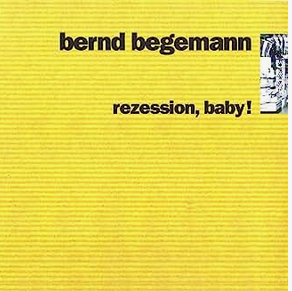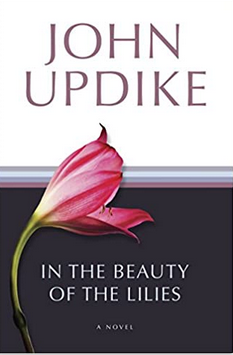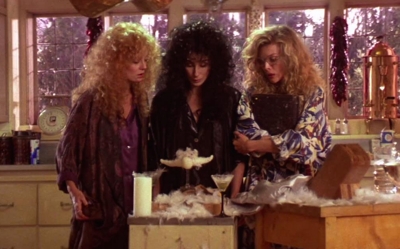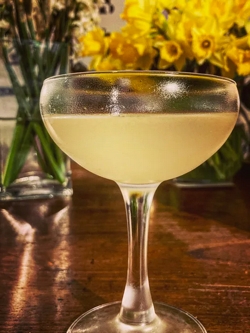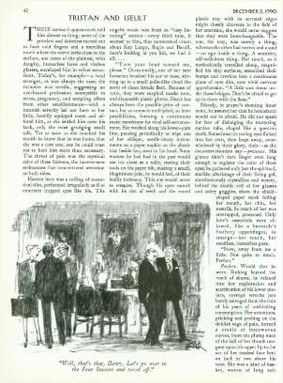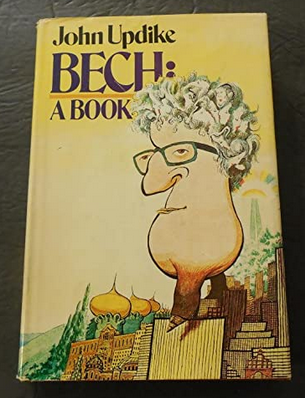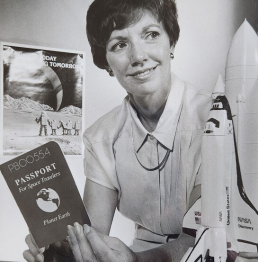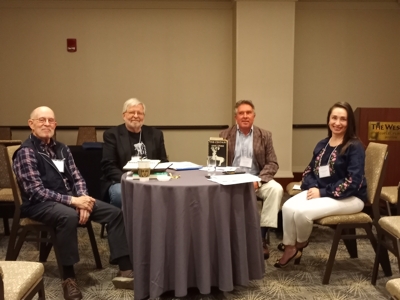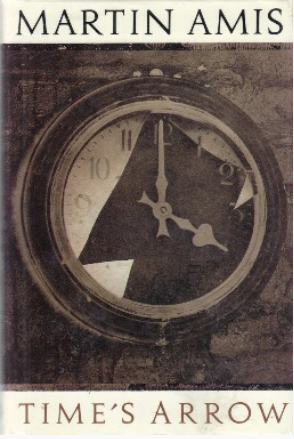A Time News entertainment piece spotlighted Bernd Begemann, a “‘boy from the provinces,’ as he never tires of emphasizing, from East Westphalia to be more precise. He was also the first punk in Bad Salzuflen. Tocotronic and all the economic champions of the Hamburg school would be unthinkable without Begemann and his urban folk-electro album called Rezession, Baby! from 1993. He is a pioneer and also a bit of a knight of the sad figure, he gallops through the musical landscape with his own unshakable personality, always a tip of his nose ahead, often a gallop too far.”
“In more than 20 albums and over 400 songs, he sings of love, preferring to be ‘twice second choice’ to being content with the monotony of monogamy. . . . The man in the gold silk shirt is a charmer and a crooner wild at heart and somehow, thanks to generosity, also a feminist, because he leaves women spoiled for choice in song and life. He admires Bert Kaempfert and offers Berlin, Passing, Barmstedt and Ostfildern insights into what is not so loud and garish in life: a big heart, a noble spirit, drama and cappricci. He sharpened his senses as a reader of Balzac, Updike and, quite gallantly, Prince Valiant, as he explains . . . . “
On John Updike, he said:
“A brilliant writer who seems unread today, which is a shame. Maybe because the kind of relationship his books are about doesn’t seem to exist anymore. But of course the patterns in monogamous couple relationships are still the same, they are the sweet futilities embedded in the structure of a neighborhood, a city, an economic cycle. John Updike shows us this with ease. He’s basically the Blueprint for Jonathan Franzen and so on.
“I think 1968’s Couples is Updike’s first big hit book, before the Rabbit series. At the time it was a silent revolution. There are no loud things happening in the book, no big explosions, no train derailments. He says how we live – and that’s breathtaking and that’s very dangerous, even though it looks so ordered. I appreciate the book very much.”

